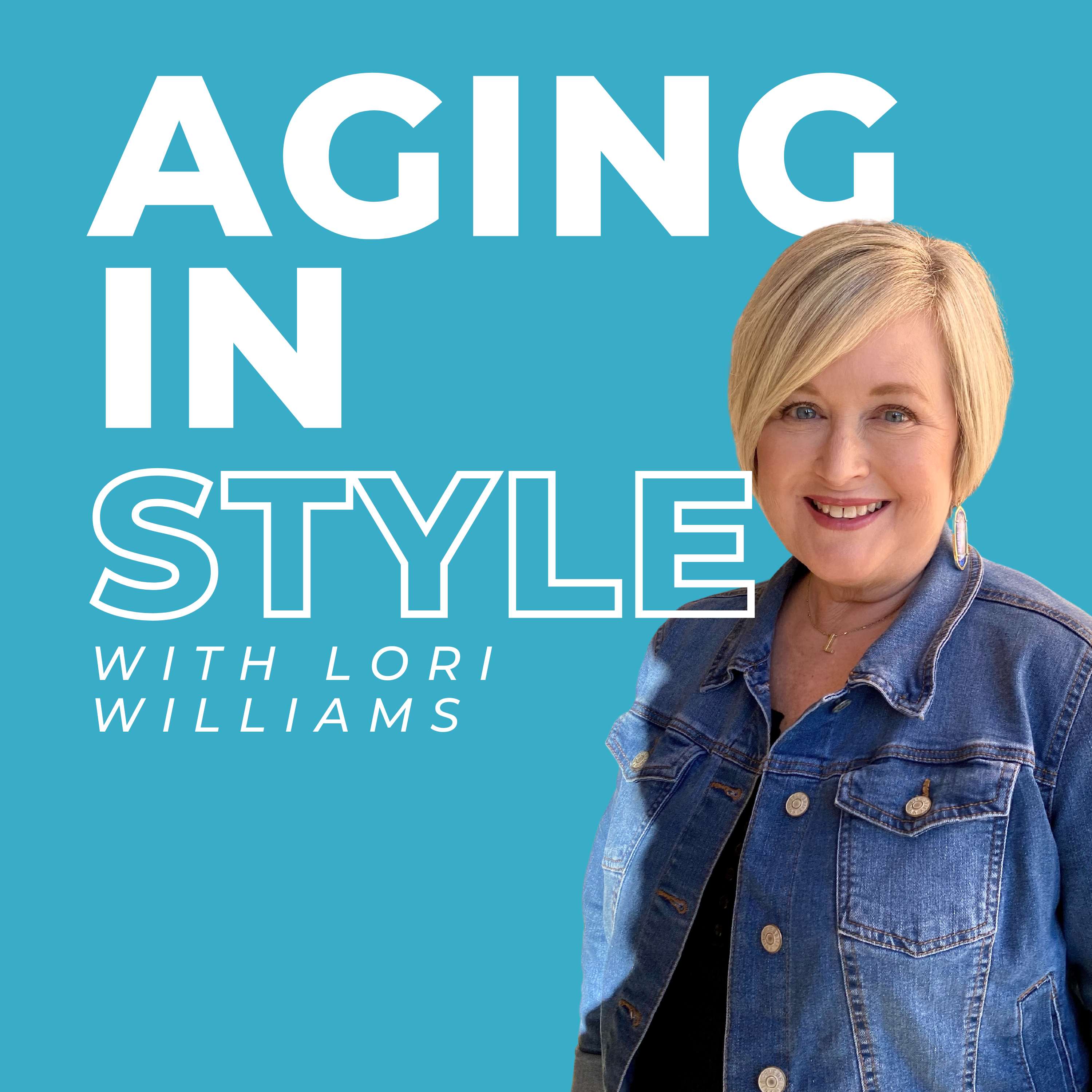113. Going Home For the Holidays? Your 20-minute audio guide in Senior Living
So you’re home for the holidays and see signs of dementia or safety risks that could affect your loved one – what’s next?
If you notice any red flags, then it’s important to have a conversation with them and know what resources are available to you. Even if nothing bad has happened yet, the holidays are a great time while everyone’s together to discuss their wishes in case they need additional care.
The American Association of Retired People (AARP) did a study finding that 77% of Americans want to age in place at home. If this is the wish of your loved one, then it’s important to make their home safe. It’s important to consider fall prevention. Are their rugs bulging up? Are walkways cluttered? Do they have grab bars in the bathroom to prevent falls? Also consider an assistive device like a walker or cane if needed.
Medical alert devices are helpful in case of accidents and can come in bracelet or pendant form for your loved one to wear. However, technology can help: With a simple, “Alexa, call my son,” assistance is a call away.
Need a little extra help? Hourly home care and personal assistants can come help with medication, transportation, bathing, and more. However, the more you need them, the pricier they can be.
If staying at home isn’t an option, it’s important to know there are far more senior living options than just “nursing homes.”
-Active 55 and older communities: Great for if you don’t want to maintain a house or yard. They also offer socials, happy hours and more. These look like resorts.
- Independent / retirement / all-inclusive living: Communities where your rent includes 2 or 3 meals a day, transportation, housekeeping and more - perfect if you don’t want to cook.
- Assisted living: Everything included in independent living but with the addition of more personal care if you need extra help.
- Memory care: Good for advanced dementia and problems wandering. Memory care offers activities to help those with dementia feel more successful.
- Residential care homes: Located in regular neighborhoods and houses 6-8 residents on average. Great for people with dementia, mobility issues, or those who don’t prefer larger communities.
There’s much to discuss when you see your loved ones around the holidays. Be sure to bring it up in a loving, respectful way. If you sense they’re getting stressed when you bring up these topics, back down and let them know you want to honor their wishes in their remaining years.
Topics discussed:
Senior family members
Types of senior living communities
Signs of dementia / Alzheimer’s
Assistive devices
Fall prevention
Starting the conversation about senior care
Takeaways from this episode:
-It’s a gift when your family lets you know their wishes in case of emergencies. If they’re incapacitated or you’re in the dark about their financial situation, everything becomes much more stressful.
-The risk of falling rapidly increases for seniors over age 65. It’s important to look at your surroundings and assess, then minimize, risks.
-There are more resources than ever before for seniors to age in their own home. It’s critical to have the right tools and safeguards in place in case they need assistance, and to prevent falls and other accidents.
-In addition to staying physically safe, seniors should stay mentally and emotionally healthy through regular social outlets, whether that’s volunteering or visiting with their neighbors.
-“Nursing home” is not an umbrella term for all senior living communities. There are many different types that cater to different needs, and they’ve evolved far beyond the stereotype.
You may also like…
10 Warning Signs To Be Aware Of About Dementia:
A Conversation About Fall Prevention:
Getting Organized! Creating a Binder Of Essential Documents for Aging Parents:
082. How technology (gadgets and tools) can keep seniors safe and independent for longer:
To suggest a topic, be a guest or to support the podcast, please email Lori@Loriwilliams-seniorservices.com
For more senior resources and to sign up to the newsletter, please visit:
https://www.facebook.com/LoriWilliamsSeniorServices/
https://www.instagram.com/theloriwilliams/
https://www.linkedin.com/in/theloriwilliams/
https://loriwilliams-seniorservices.com/aging-in-style-podcast/

